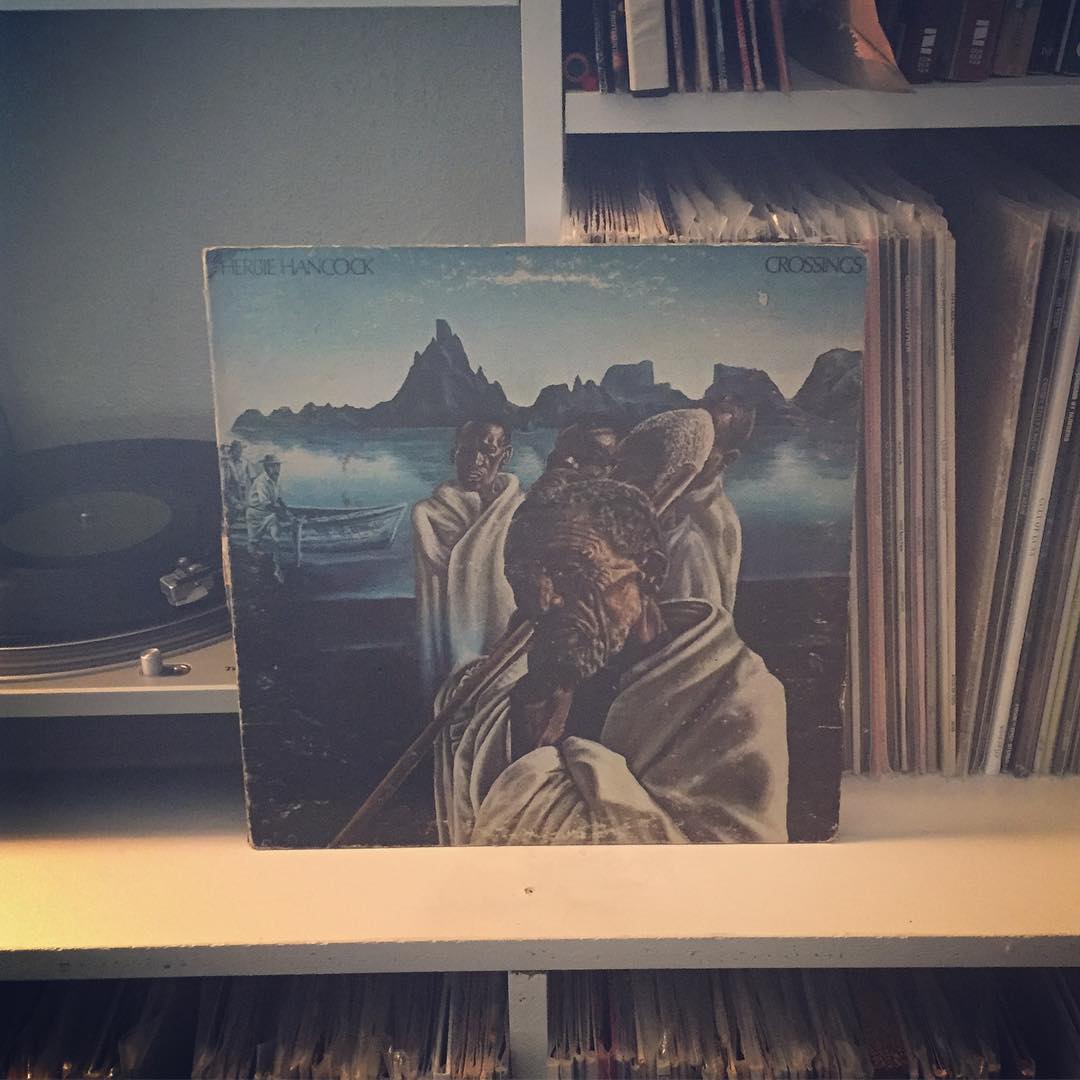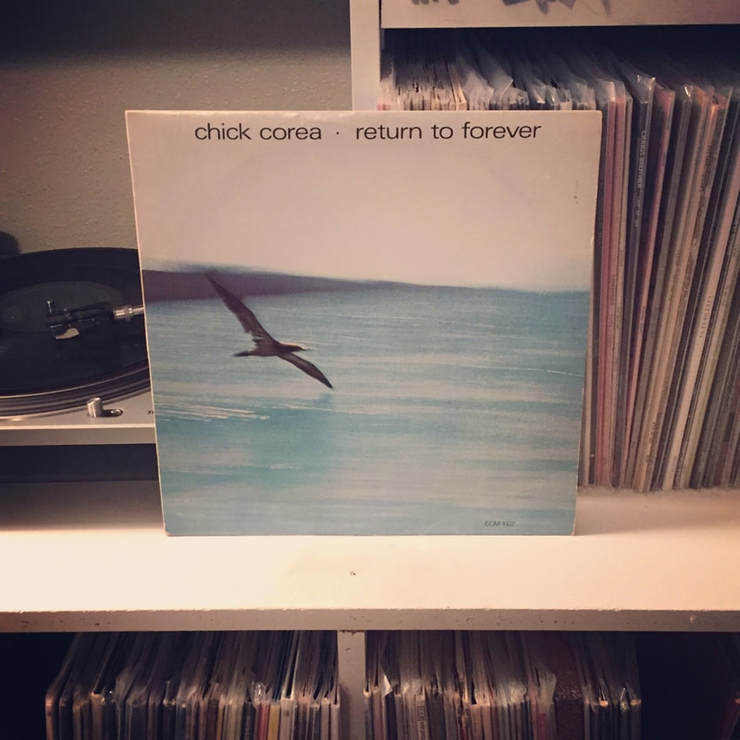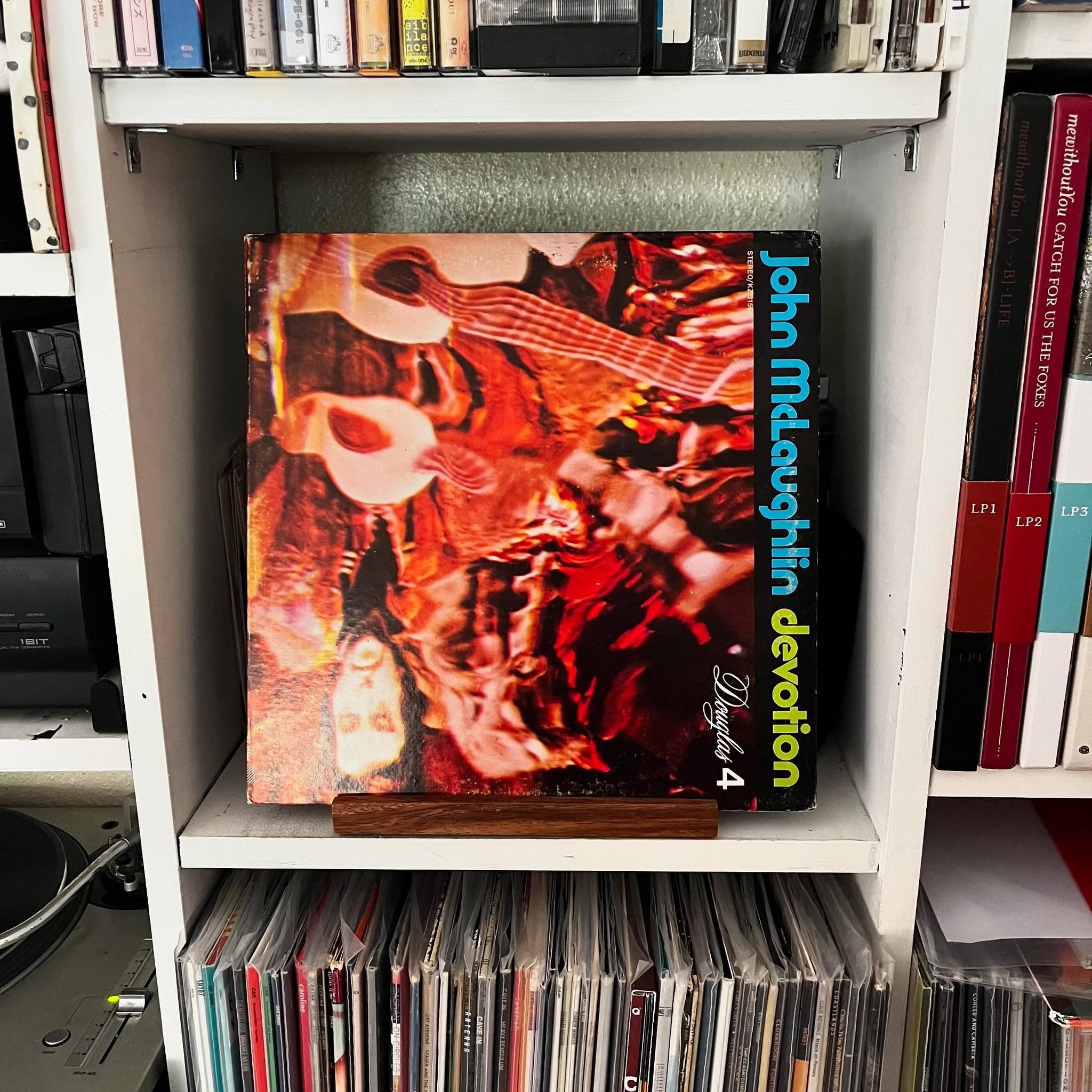
A lot happened in the year between John McLaughlin’s first album as band leader and his second. Extrapolation was recorded in the UK right before moving to the States to join Tony Williams’ Lifetime. By the time Devotion was recorded, he had also recorded three groundbreaking records with Miles Davis, served as a sideman for Larry Coryell, and had a single all-night jam session with Jimi Hendrix.
That’s a lot to fit in a calendar year, and this disc carries the full weight of it.
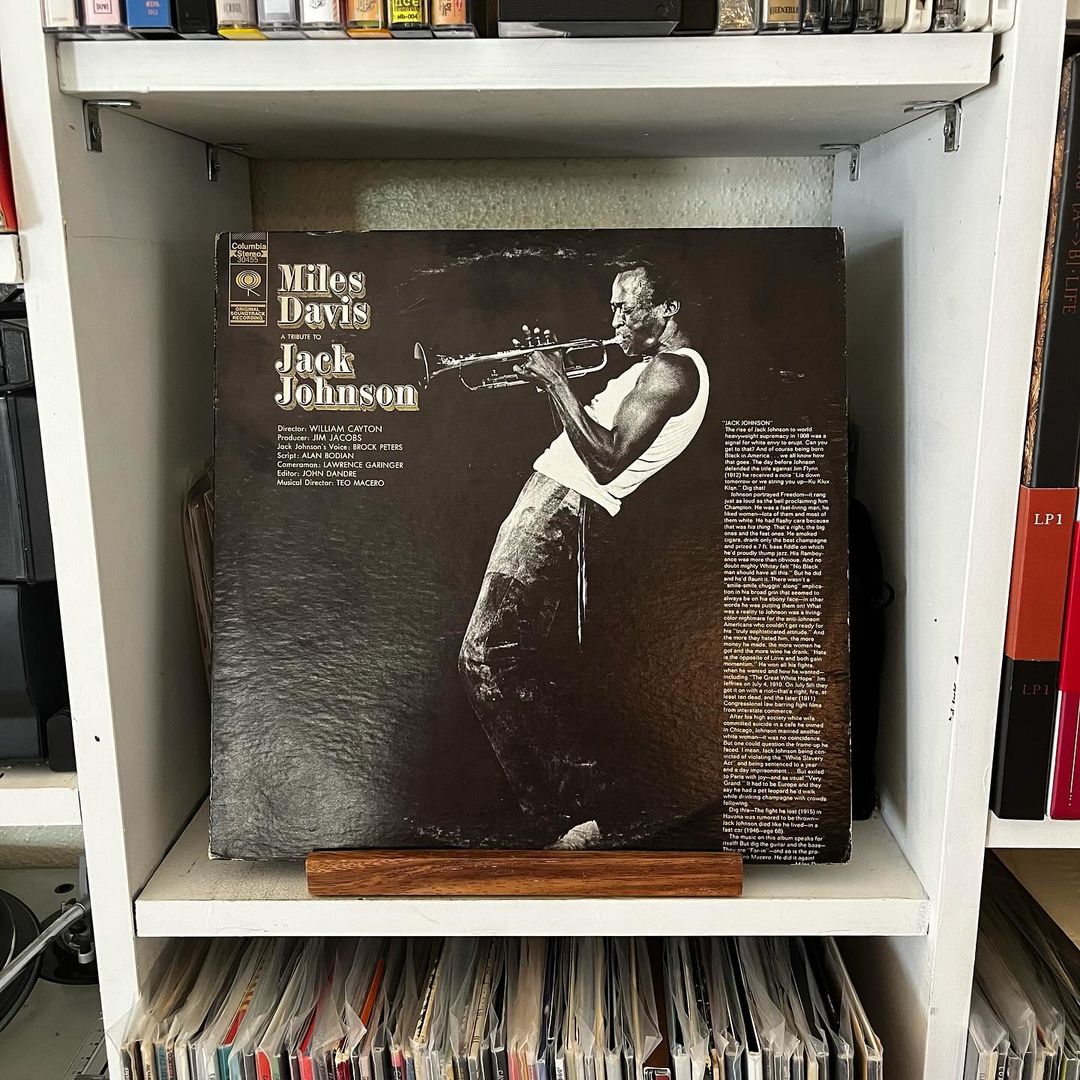 Jazz is a difficult realm for completionists—especially when you’re dealing with cats like Miles Davis. Jazz players were notorious for recording everything, and almost all of those records have something notable to justify collecting it. But there’s so much to sort through.
Jazz is a difficult realm for completionists—especially when you’re dealing with cats like Miles Davis. Jazz players were notorious for recording everything, and almost all of those records have something notable to justify collecting it. But there’s so much to sort through.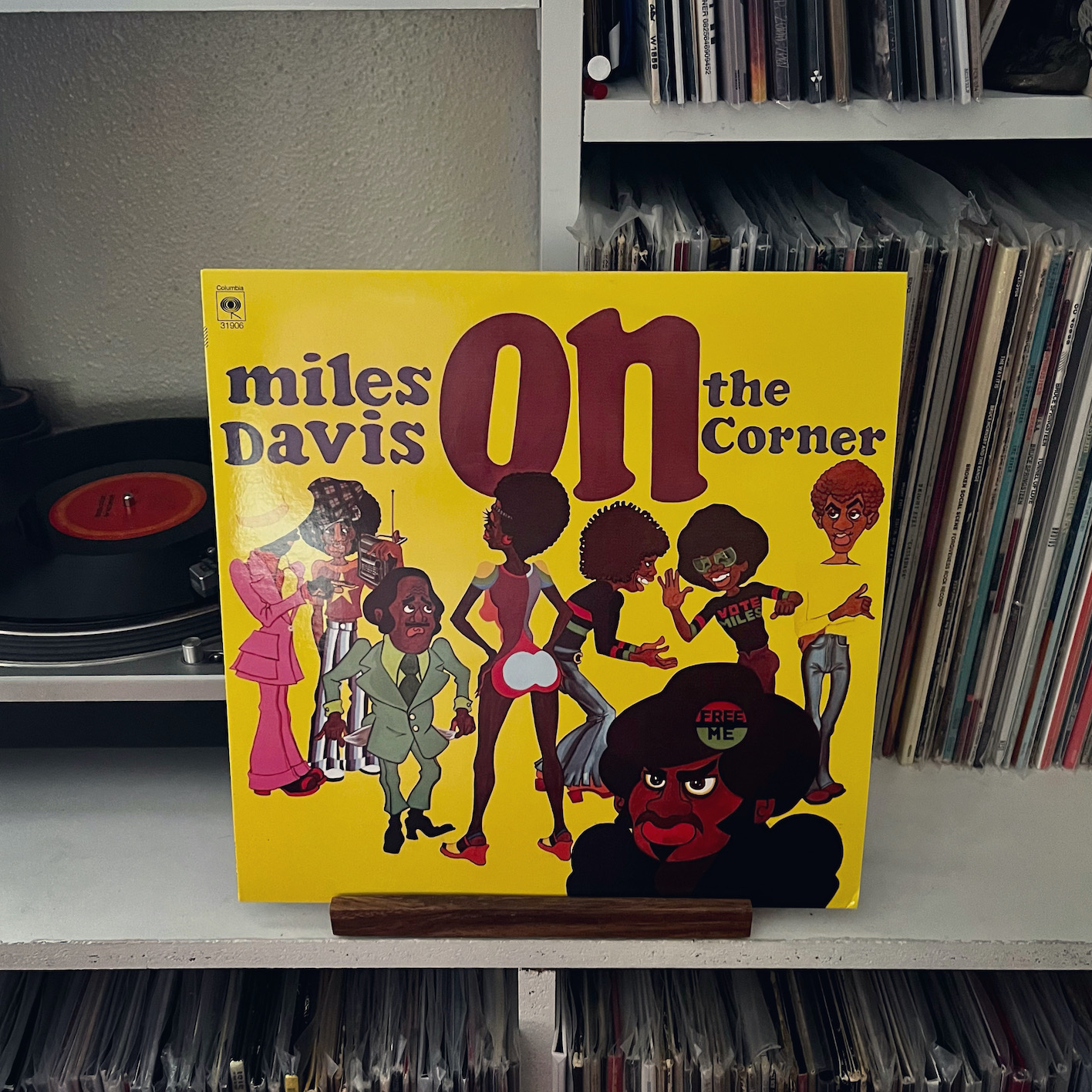
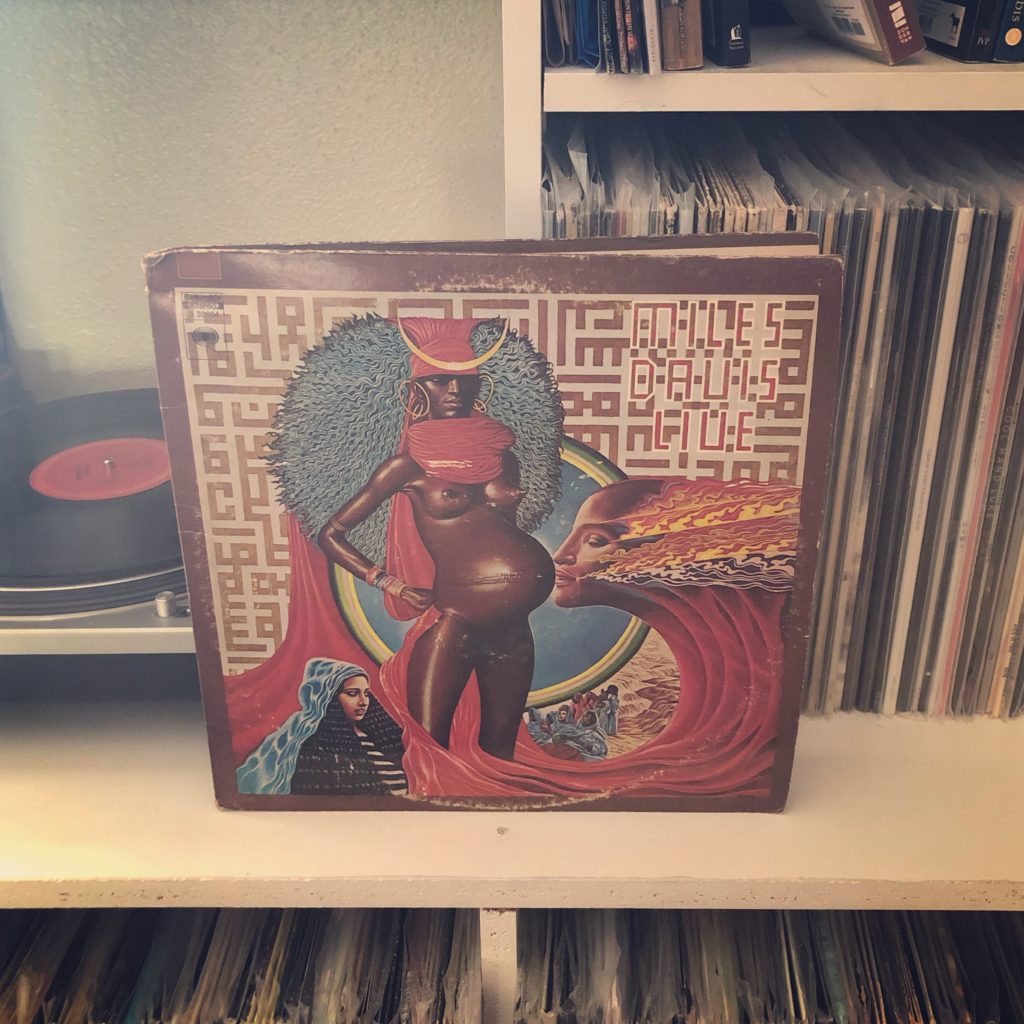
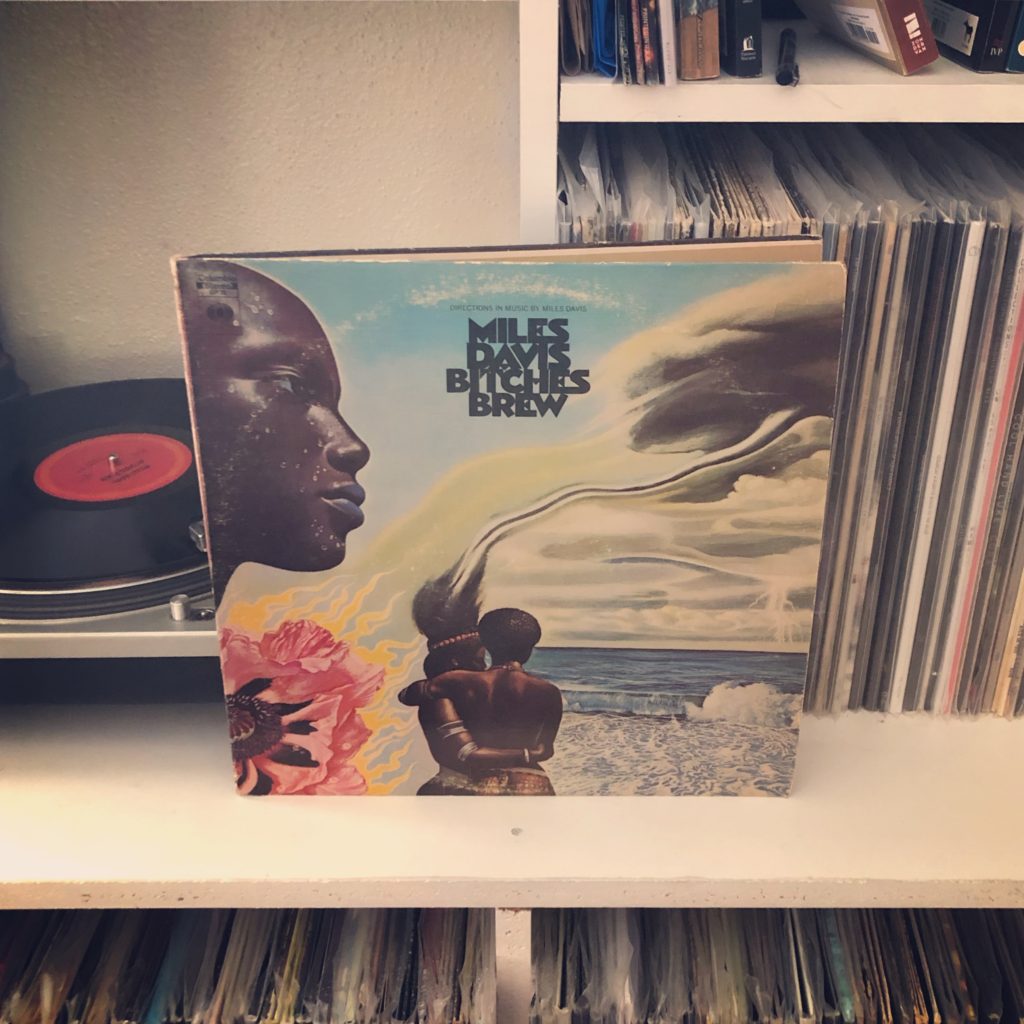
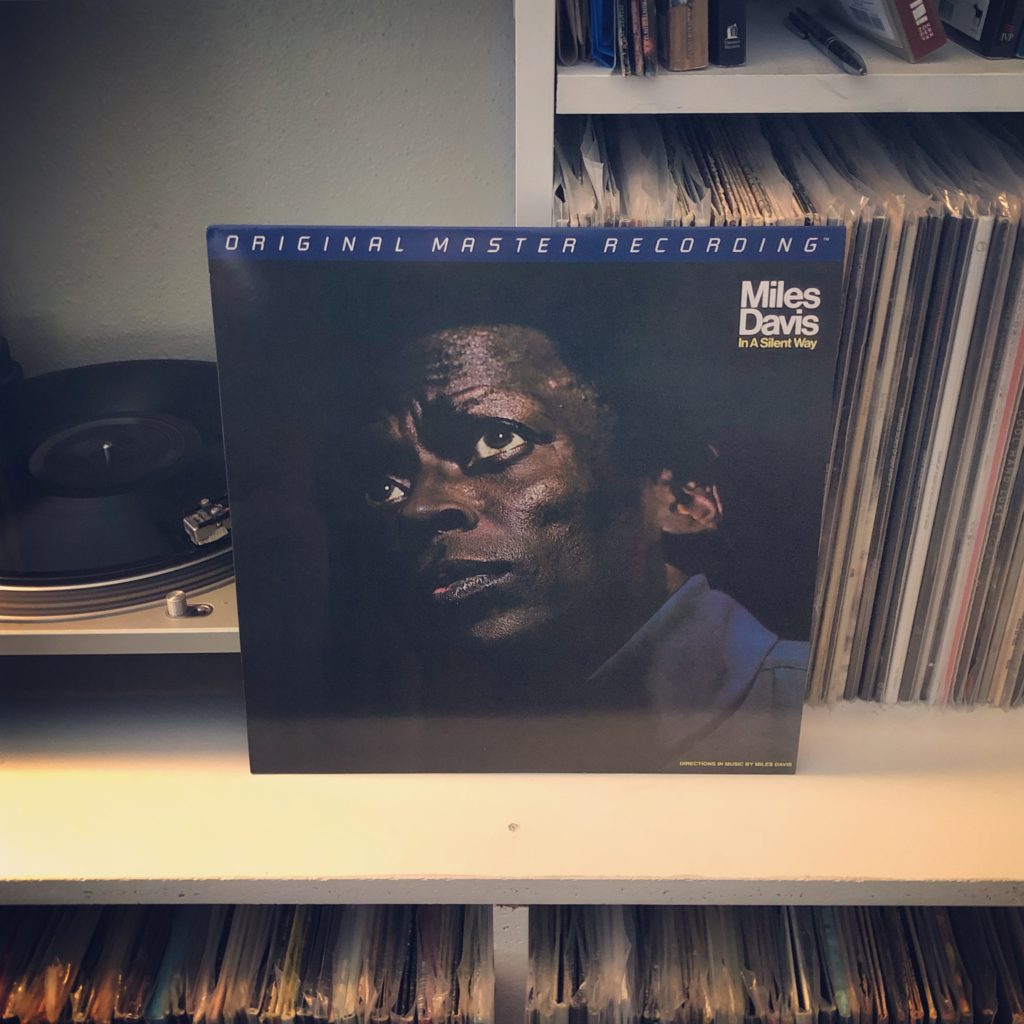
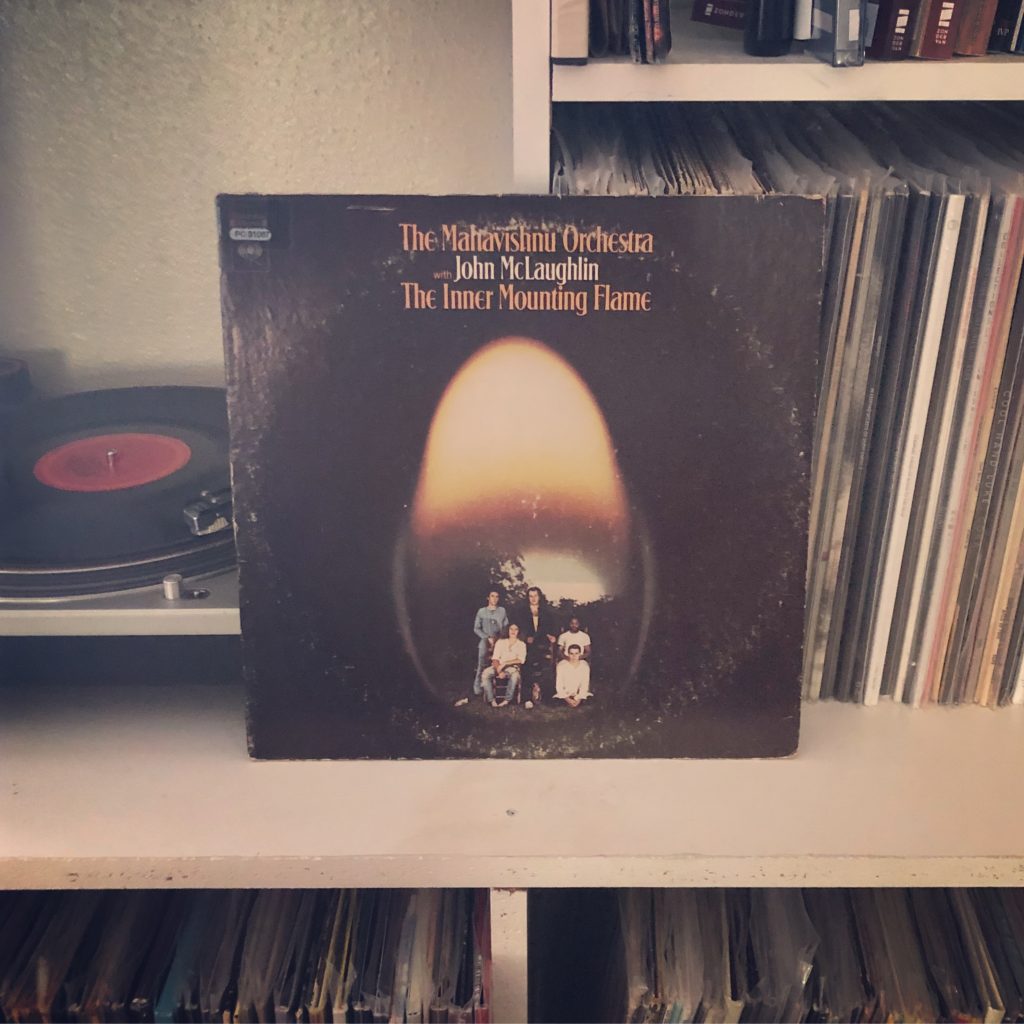 Throughout jazz history, there is perhaps no greater convergence of fiery experimentation and boundless talent than the players that made up Miles Davis’ band during his electric period.
Throughout jazz history, there is perhaps no greater convergence of fiery experimentation and boundless talent than the players that made up Miles Davis’ band during his electric period. The interesting thing about jazz is that the albums are just as much about the side players as the bandleaders. And if you listen to enough jazz, you start to notice who the major players are.
The interesting thing about jazz is that the albums are just as much about the side players as the bandleaders. And if you listen to enough jazz, you start to notice who the major players are.